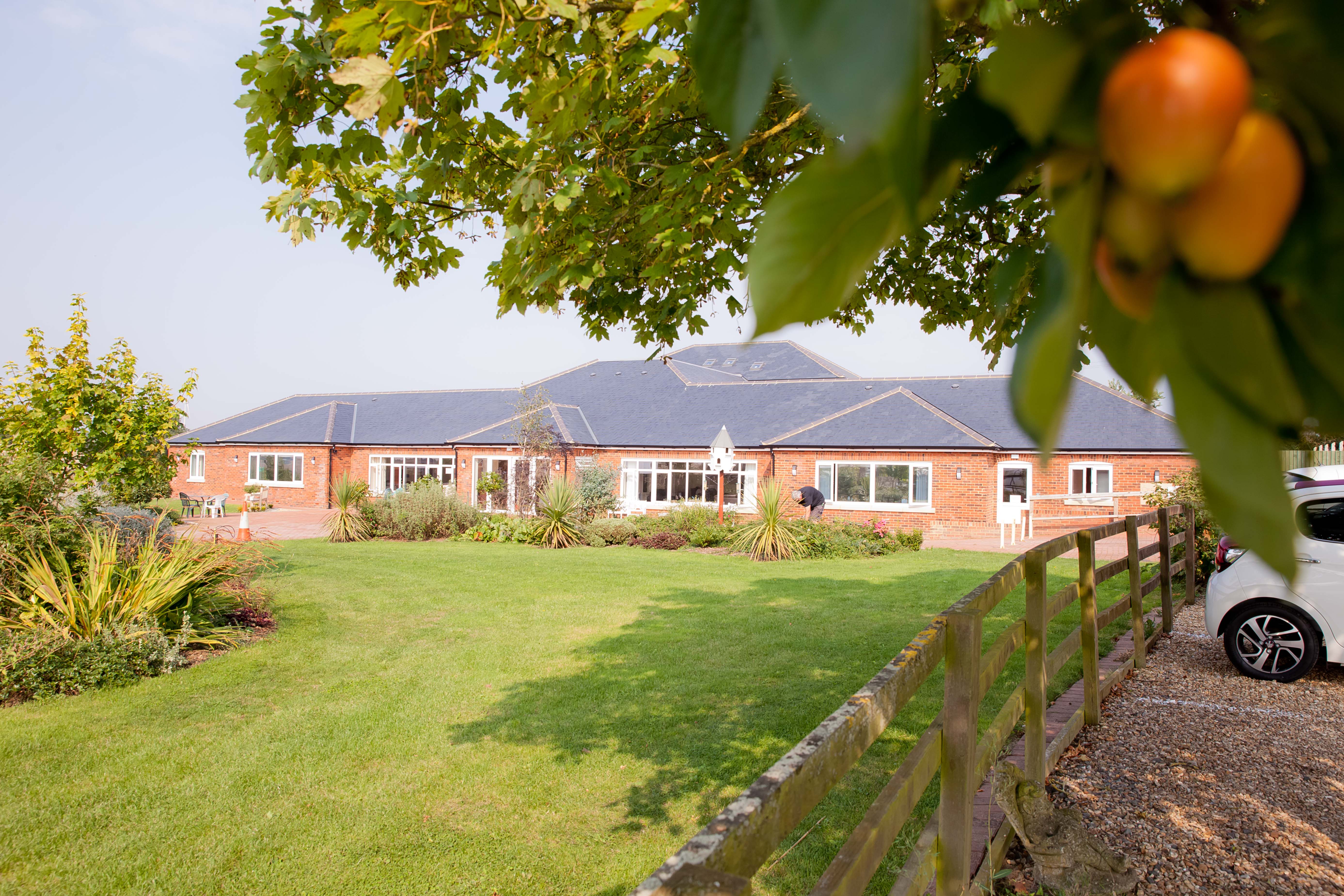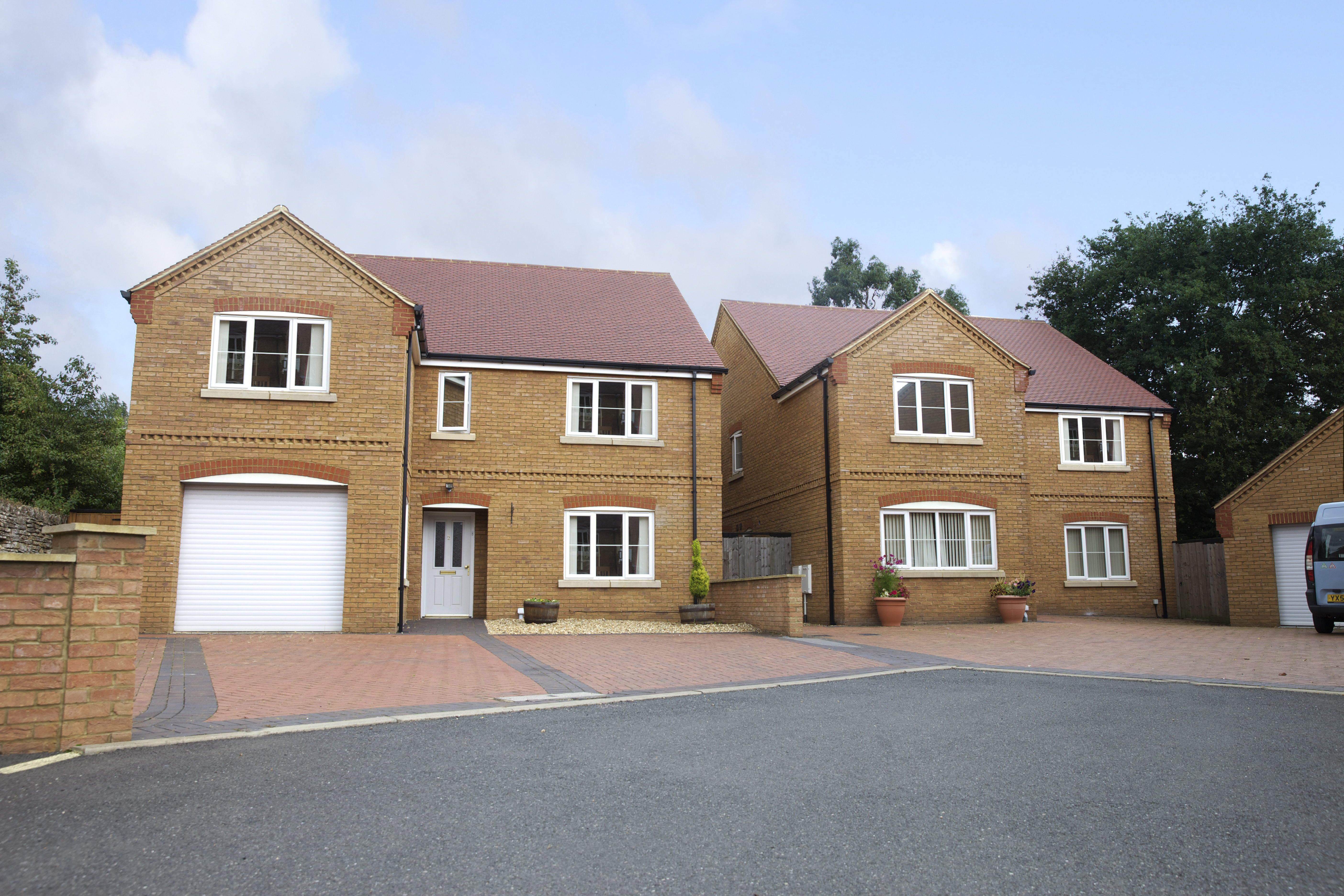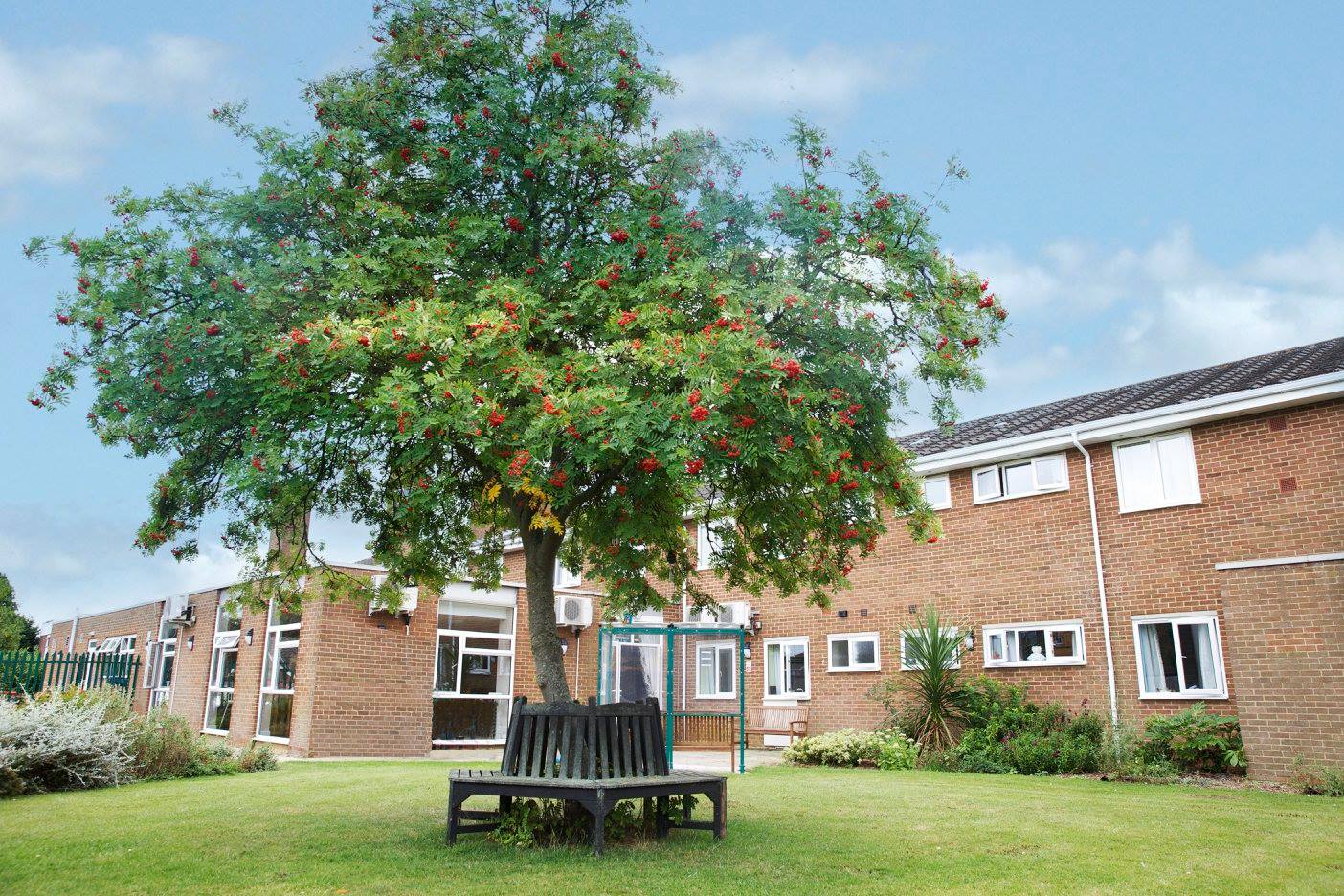A short-term placement typically between 6-12 weeks (or more) to support men with a relatively new acquired brain injury/traumatic brain injury. The focus of admission is for the interdisciplinary team to assess residents’ needs around their medical, physical, cognitive, psychological, behavioural and communication skills with the ultimate aim of maximising independence. Throughout the assessment, the team will develop unique and personalised
programmes of rehabilitation for residents and simultaneously provide comprehensive and robust clinical progress updates with the aim to facilitate successful discharge.


6-12 week stroke care pathway
A short-term rehabilitation pathway for men who have experienced a recent stroke. The focus of admission is for the interdisciplinary team to assess residents’ needs around their medical, physical, cognitive, psychological, behavioural and communication skills with the ultimate aim of maximising independence and functional skills with the aim to facilitate successful discharge.
Complex, long term care (slow stream rehabilitation)
Longer term care for men who require continued support following their brain injury. Residents have likely completed a period of assessment and rehabilitation and may have reached a point where the focus is around maintaining independence and function whilst ensuring a high quality of life. Residents may require a longer period of time within this service before discharge or may require a longer term home. The staffing team will continue to monitor and maintain medical, physical, cognitive, psychological, behavioural and communication needs of the residents and provide comprehensive and robust clinical progress updates to commissioners and families.


Palliative and end of life care
Our specialist nursing teams provide proactive and person centred care plans for men, which focus on individual preferences and cultural expectations of the resident and their families. The delivery of high quality care and support for men and will focus meeting their physical and emotional needs through robust advanced directives and end of life care planning. The nursing team will adapt care and treatment plans to reflect changing physical, mental health and emotional needs. The Gold Standard framework is adopted in all end of life care planning.
Community services
Shared accommodation in residential areas of Northampton which provide ongoing support to men who are unable to live independently or require further support to build on existing skills prior to moving on to more independent living. The 24 hour staffing team support residents to transition into the community with a focus on supporting them to self-manage all activities of daily living with minimal support. The service will encourage residents to access community services which may include vocational, volunteering and employment opportunities.


Respite care
Placements are offered for a minimum of 1 week to men with neurological conditions who are cared for in their own home. Staffing teams will ensure they are safe, supported and cared for during their short stay.

Discharge To Assess (D2A)
Purpose:
D2A is typically used for patients who are currently in hospital and are deemed medically fit to be discharged but require further assessment and support to determine their long-term care needs. Short term placements are usually within a care home facility in the local area. The local council will ask Oakleaf to visit a patient in the hospital setting and we will collect relevant medical and social information. Oakleaf’s clinical team will then determine if they are suitable and if so arrangements will be made for transfer.
How it works:
Patients are discharged from the hospital to Oakleaf – this could be to The Cotswolds in Duston, Northampton or to the main site in Hartwell, Northampton. Funding is given by the ICB (Integrated Commissioning Board (ICB) for a 6-week placement. During this time a Continuing Healthcare Assessment will be undertaken by the local ICB Integrated care board | Integrated Care Northamptonshire
The first part of the assessment is called a Continuing Healthcare Checklist which will indicate if a full assessment is required. If so this will be undertaken by a nurse assessor from the local ICB, the local Social Care Team and the temporary home placement. A document called ‘A Decision Support Tool’ (DST) will be completed which helps to record evidence of an individual’s care needs to determine if they qualify for NHS Continuing Healthcare Funding.
NHS continuing healthcare decision support tool – GOV.UK
FREQUENTLY ASKED QUESTIONS
What happens if my relative qualifies for Continuing Healthcare Funding?
If eligible for continuing healthcare funding the Oakleaf team will liaise with the local ICB regarding next placement.
Can my relative stay at Oakleaf if they qualify for Continuing Healthcare Funding?
The Oakleaf clinical team will decide at the end of the D2A period if it is appropriate and in the best interests of the individual to remain at Oakleaf. This will be discussed with the family and funding authority and if appropriate Oakleaf will apply for ongoing funding of the placement.
What happens if my relative does not qualify for Continuing Healthcare Funding?
At the end of D2A period the local council will be responsible for funding the resident and therefore will seek alternative accommodation if it is decided they will not return home. The Council will undertake their own assessment, including a financial assessment. Social care funding is means tested. A decision will then be made regarding discharge destination.
Can an appeal be made if we do not agree with the outcome of the DST Assessment?
Yes. Appeals are to be made in writing to the ICB which should include evidence why you believe the decision was flawed. All of the information will be reviewed within 28 days.
What happens when my relative is admitted to Oakleaf as a D2A resident?
On admission the relevant care plans and risk assessments will be developed from the information gathered in the hospital. These will be specific to that resident and provide information to the clinical team on particular processes and strategies that all care staff will follow.
The Oakleaf Group ordinarily offer rehabilitation to men with an acquired brain injury, however residents admitted on the D2A Pathway will not receive ongoing therapy once their needs have been assessed. For instance, if it is determined that the resident requires input to improve their mobility/walking then a referral will be made to the NHS community physiotherapy team for them to provide that therapy input or a request will be made to fund the therapy whilst at Oakleaf.
Why can’t Oakleaf provide the ongoing therapy to my family member?
The D2A pathway is a short-term placement funded by the local ICB who pay a fixed fee. Unfortunately, this does not cover the costs of delivering rehabilitation. If on assessment the clinical team believe the resident will benefit from rehabilitation, this will be made clear to the ICB and a request will be made for them to fund the therapy and/or a referral will be made to the appropriate community rehabilitation team.



 Find your next great career opportunity at The Oakleaf Group
Find your next great career opportunity at The Oakleaf Group